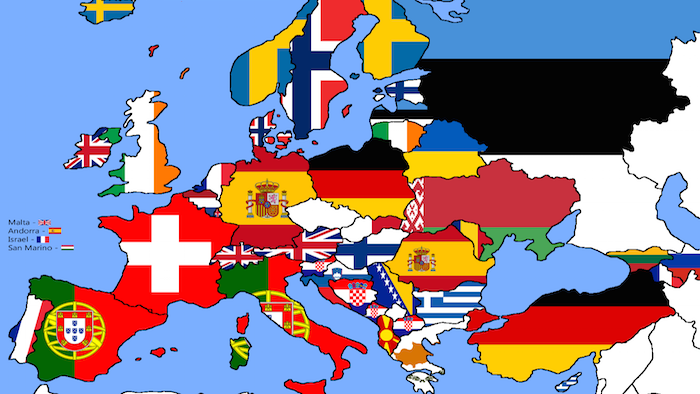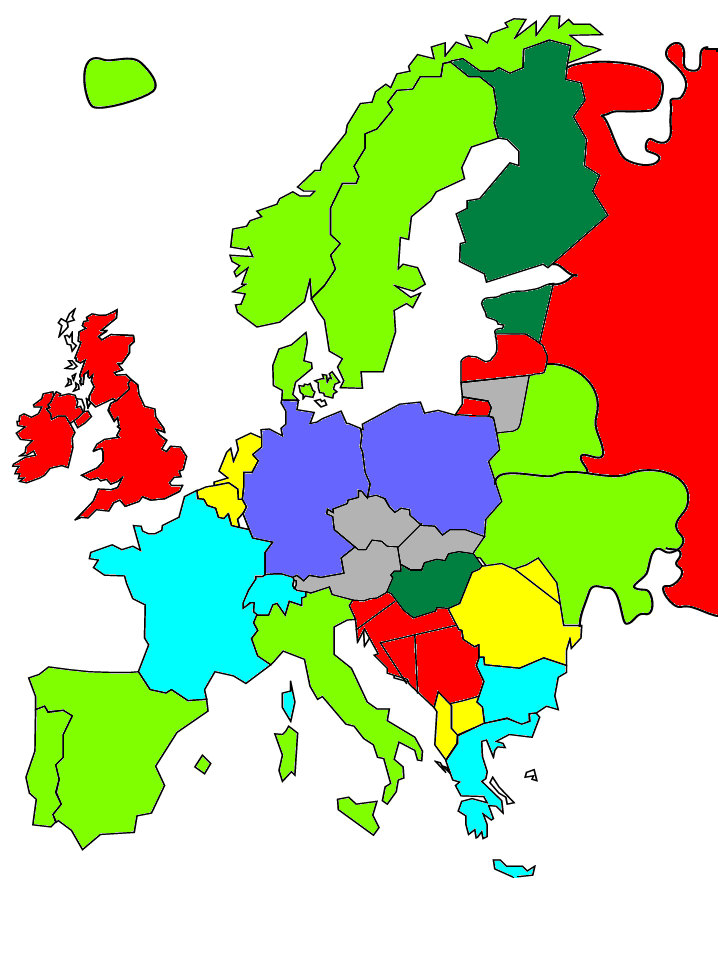Yeah, when I was an undergrad, someone did a conceptual art thingy, involving nailing books into the lawn. And students had the kind of anguish that McKayla Kennedy spoke of in her Pinterest answer. And rescued the books; I got a Ulysses out of it.
The books were going to be pulped by the publishers anyway, as surplus; they were released for the conceptual art thingy on the understanding noone would rescue them.
Was that the biggest atrocity?
Nah.
McKayla rightly identifies that a conceptual art thingy is worse than burning a book. Burning a book recognises its power. An art piece?
They don’t care what they’re doing to the poor things, all that matters is how it looks.
There’s worse than that though, McKayla. Even that, at least, is a symbolic acknowledgement of the book; it fetishises it as a symbol.
You know what’s worse?
Whenever I step back in the university library. And I see students, one after the other, on their laptops and on the remaining desktops. Checking Facebook, or eating lunch, or Googling, or studying PDFs.
And not one of the bastards paying any attention to what’s sitting on the shelves.
There’s worse things still than fetishing a book.
There’s being utterly oblivious to them. Within the temple once consecrated to them.

